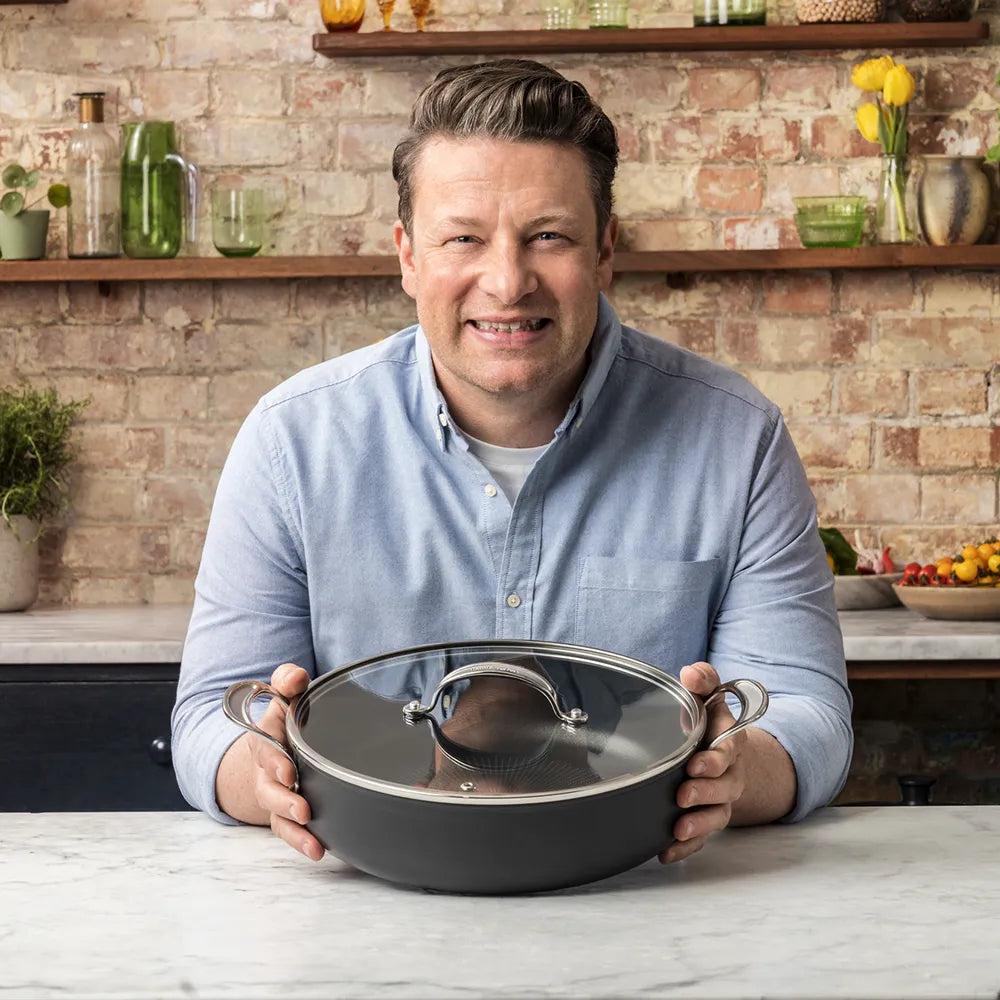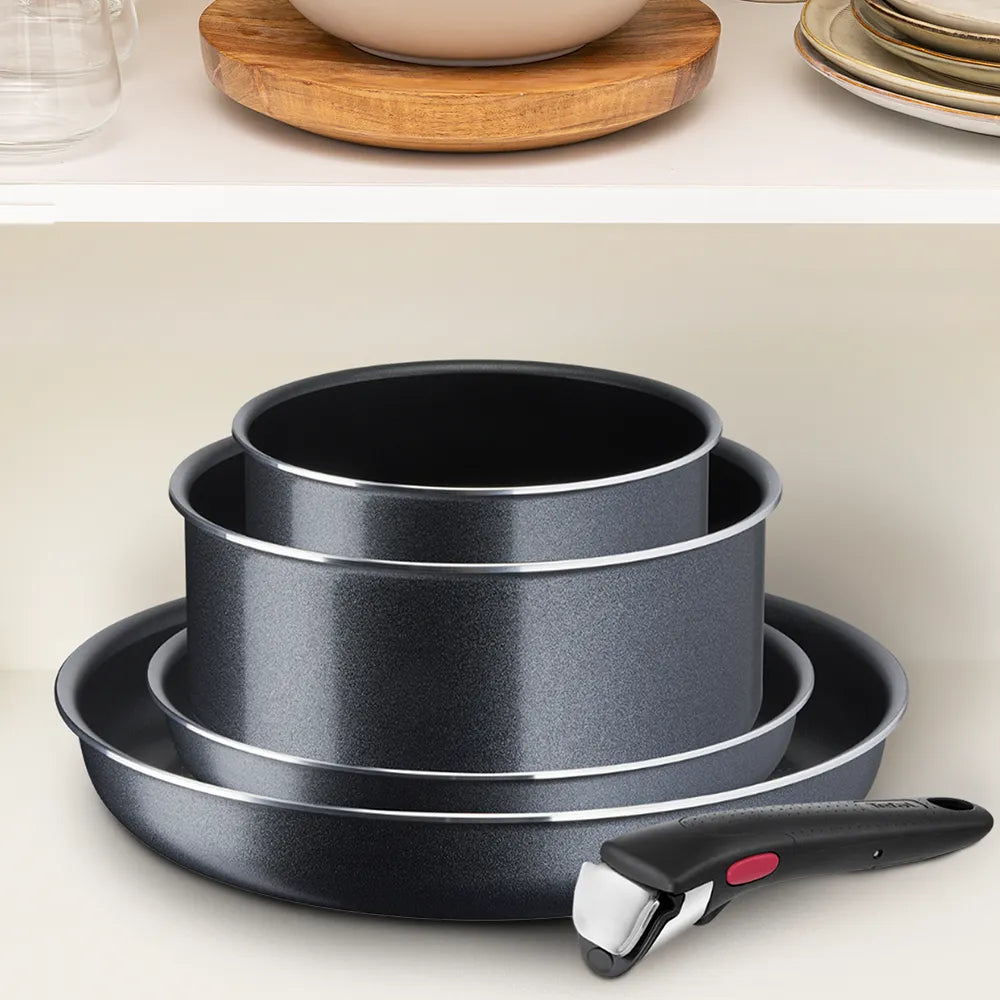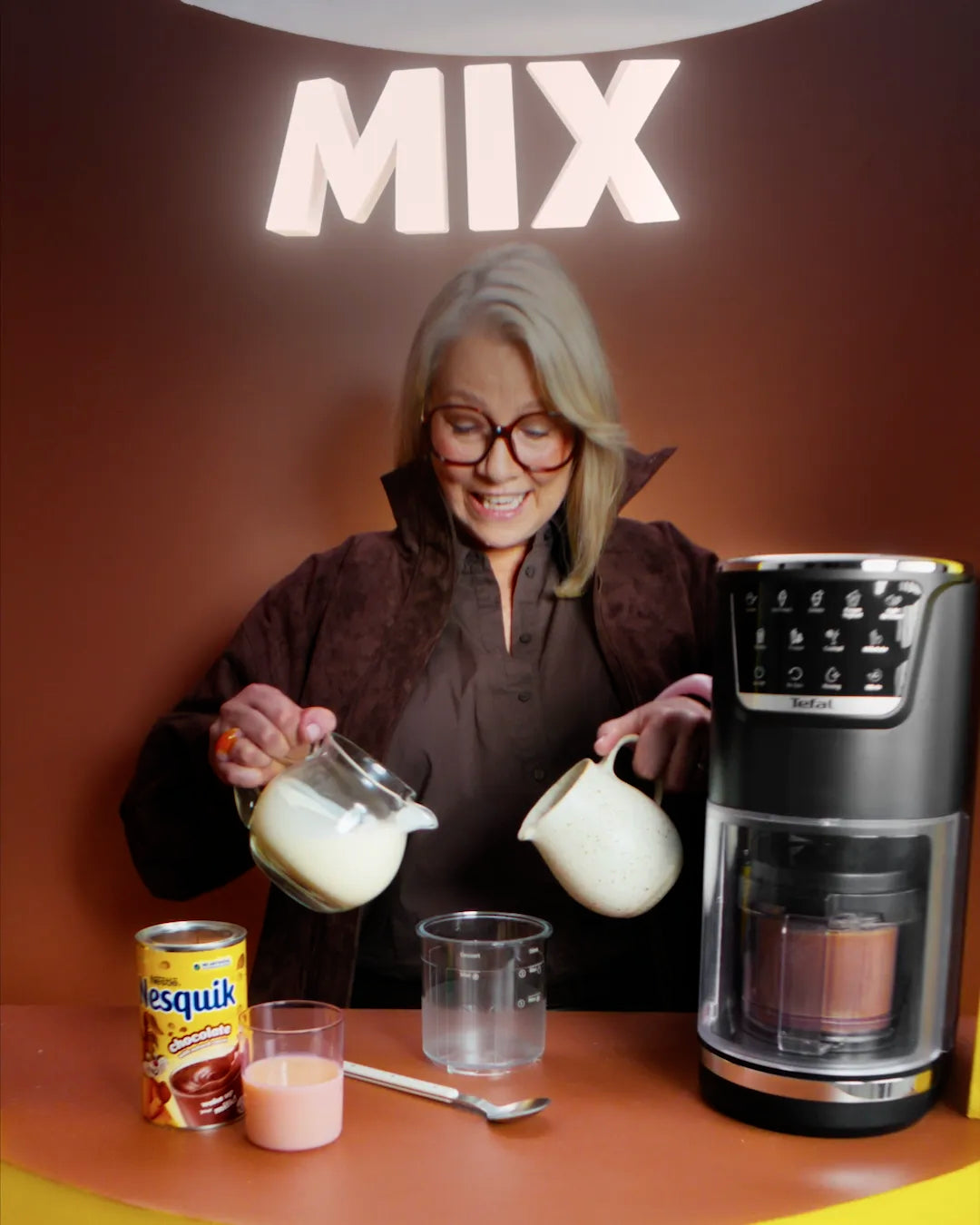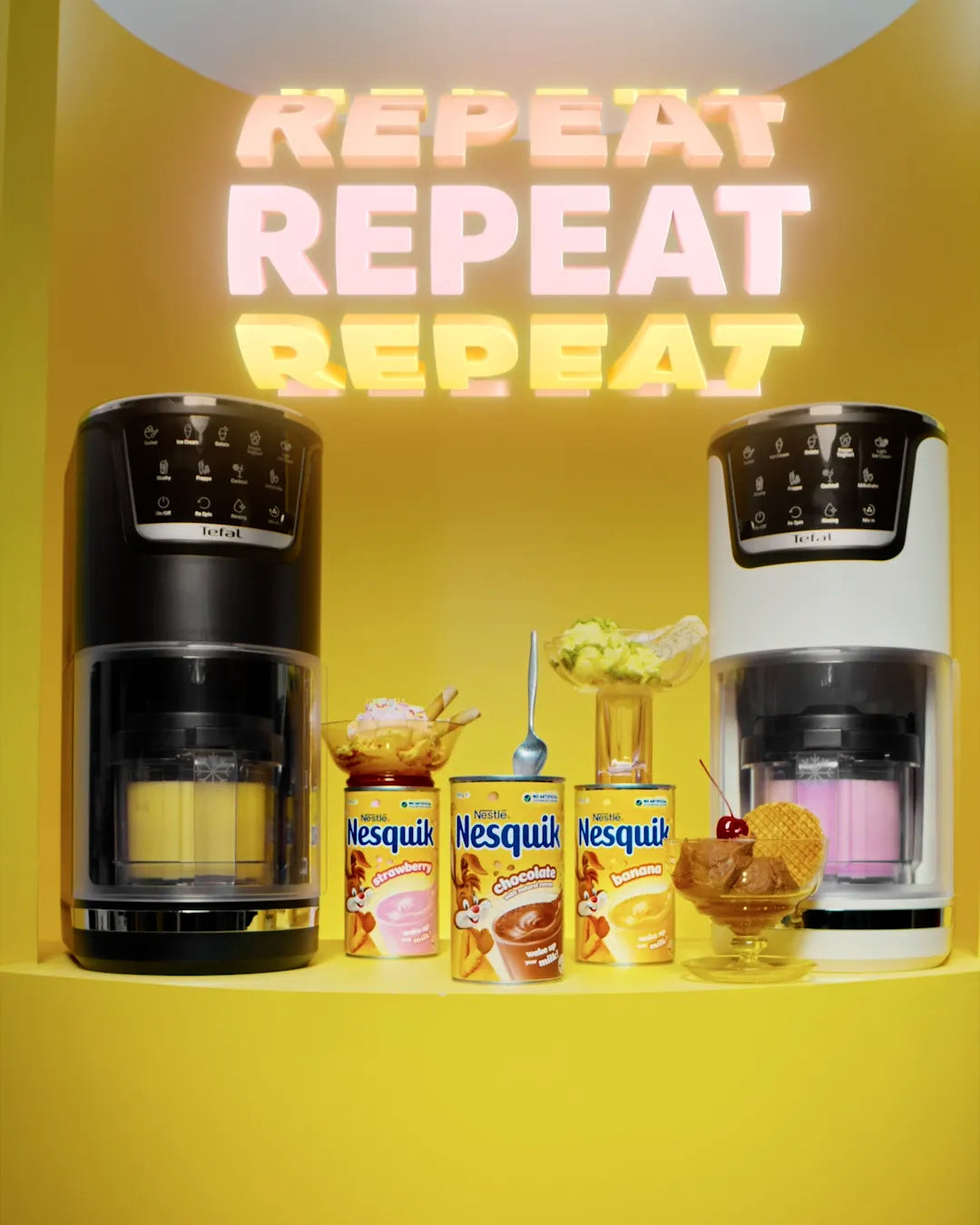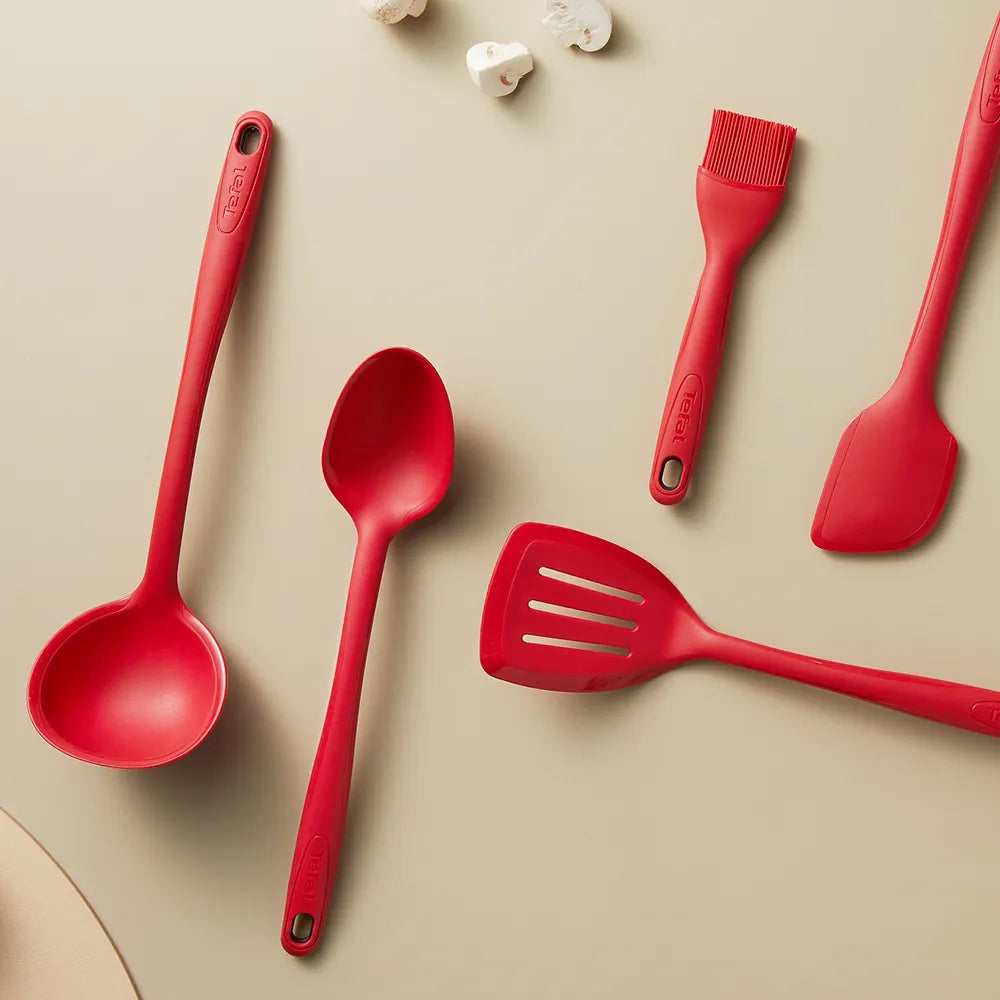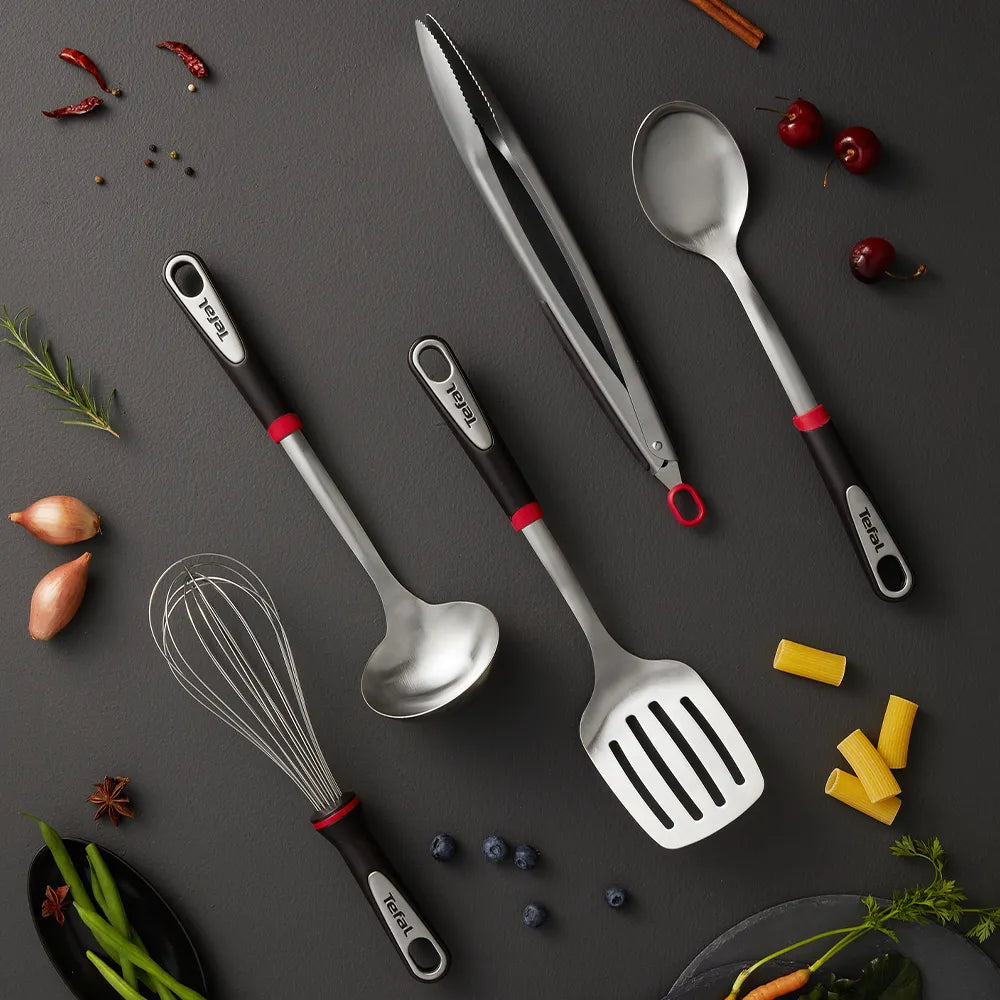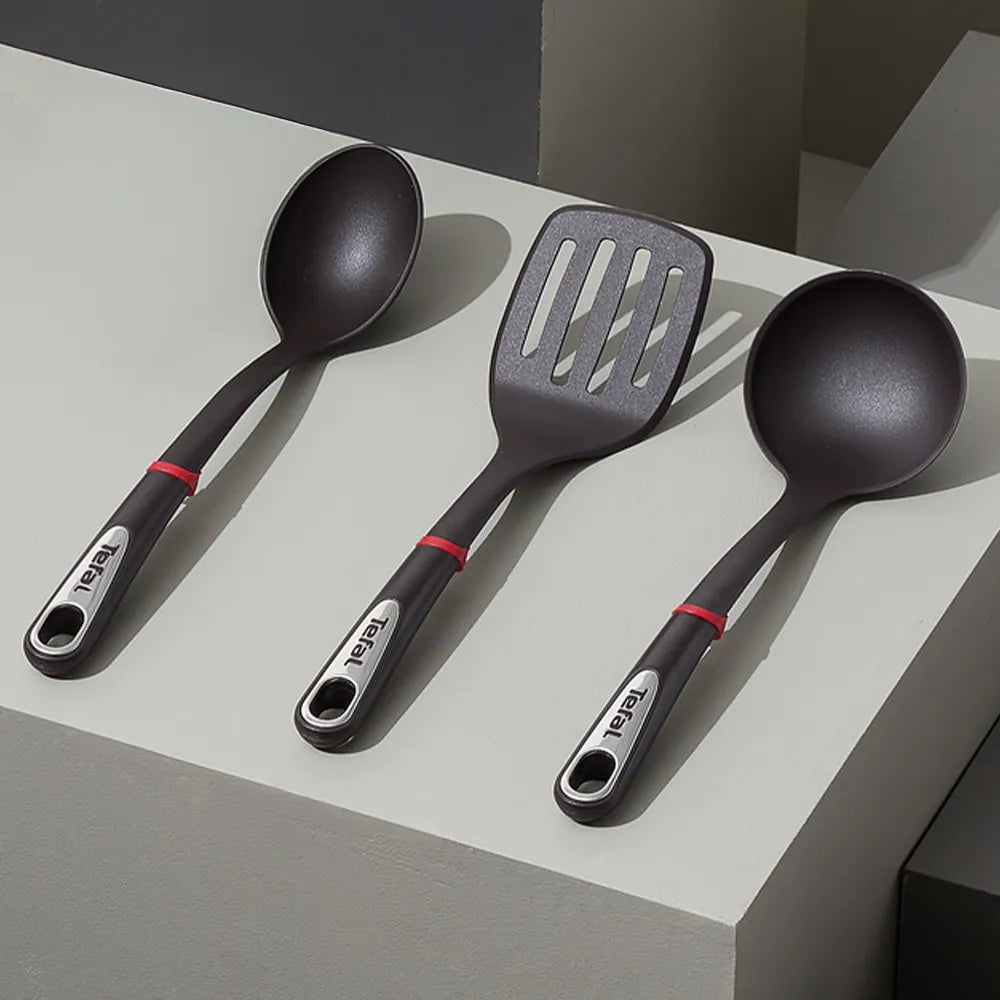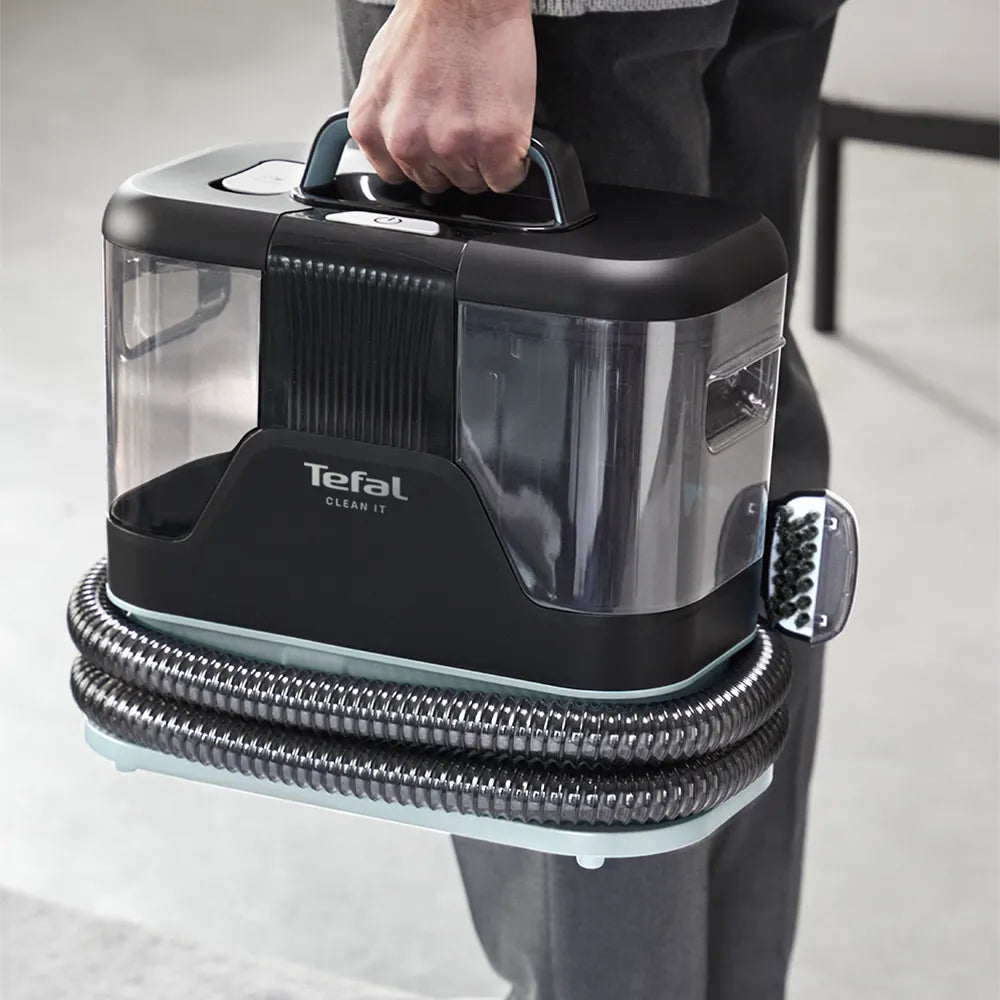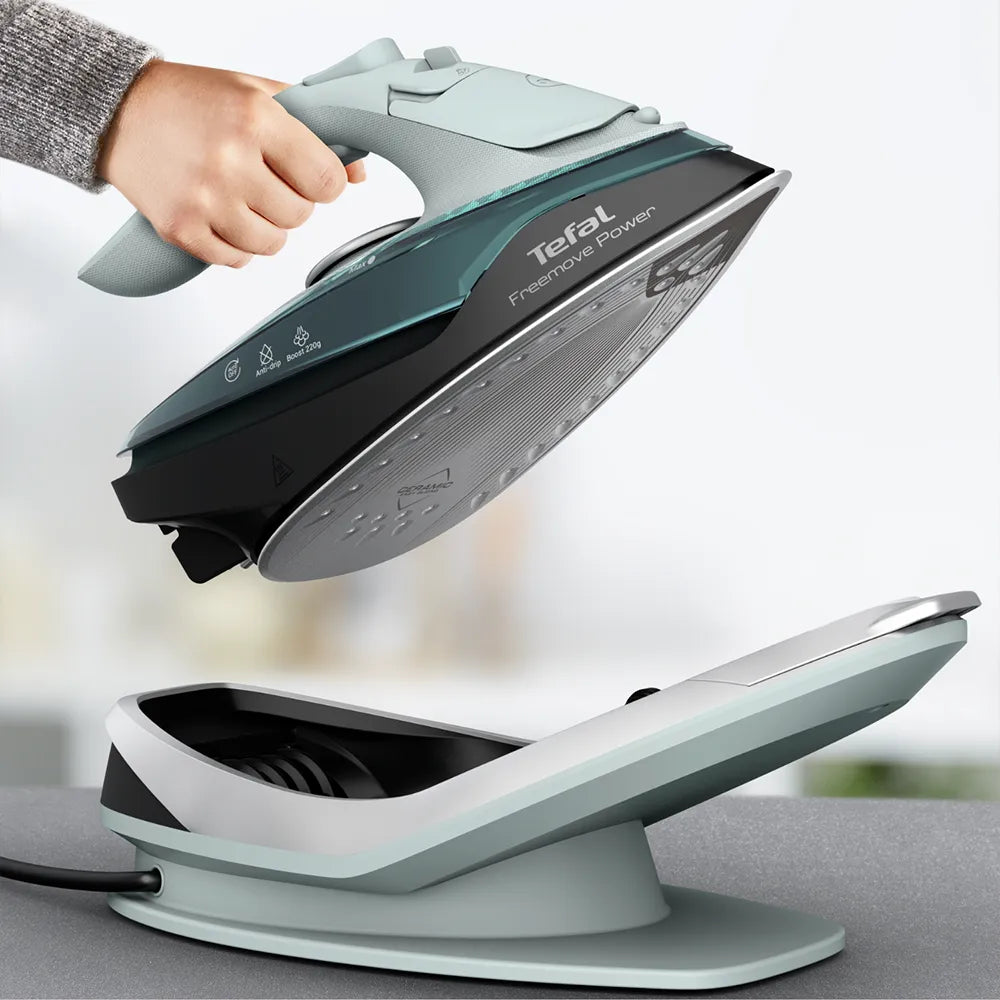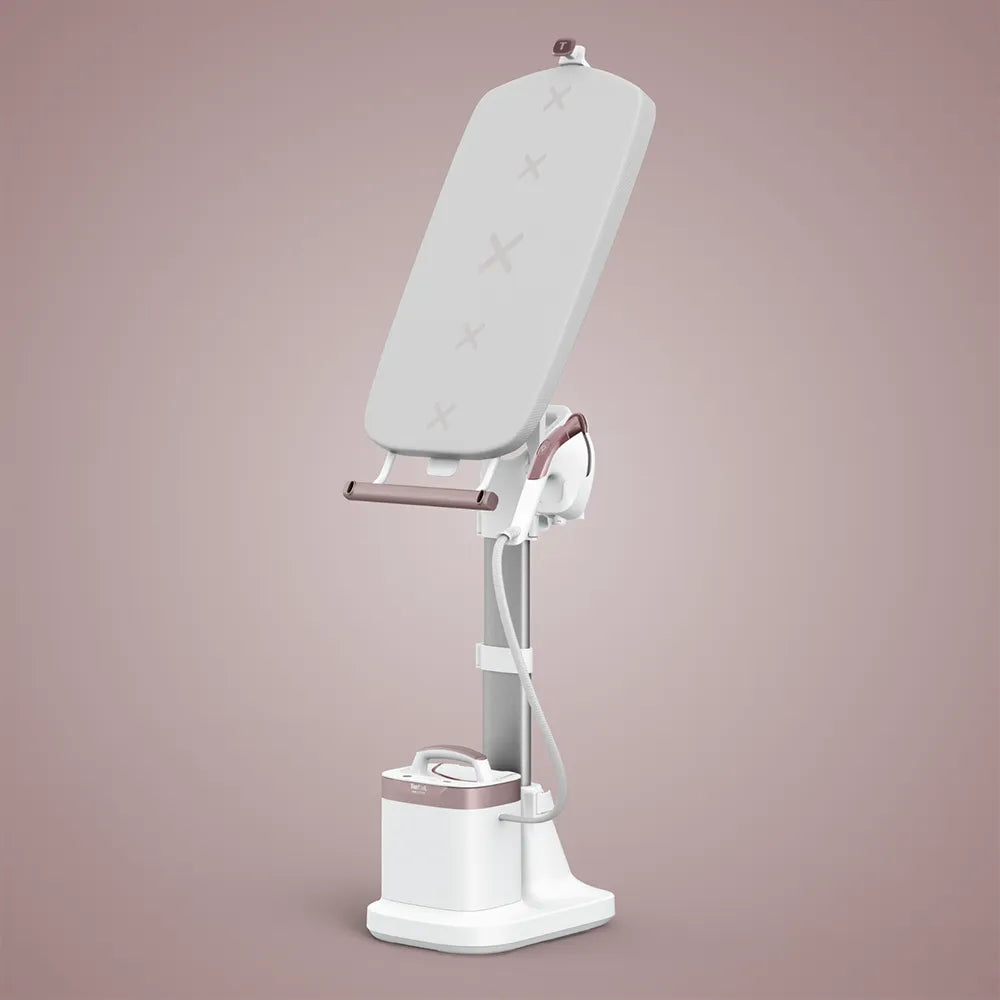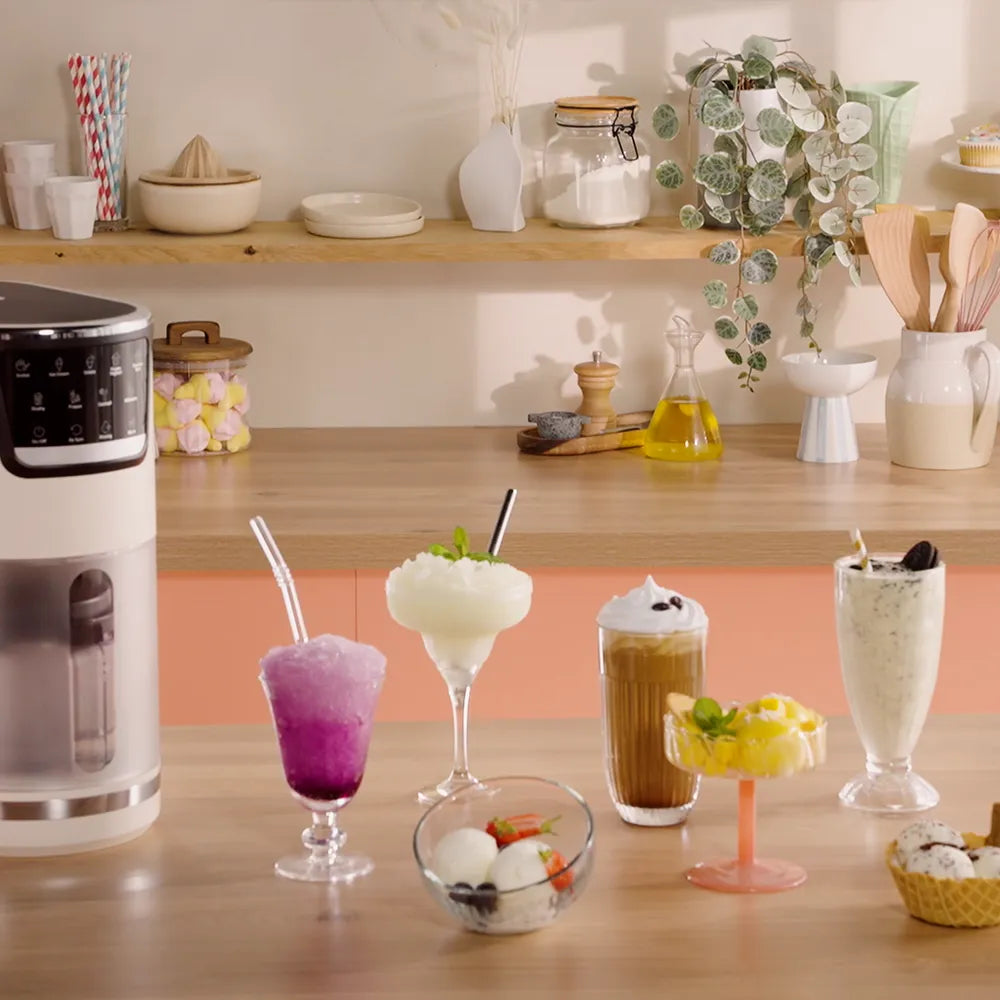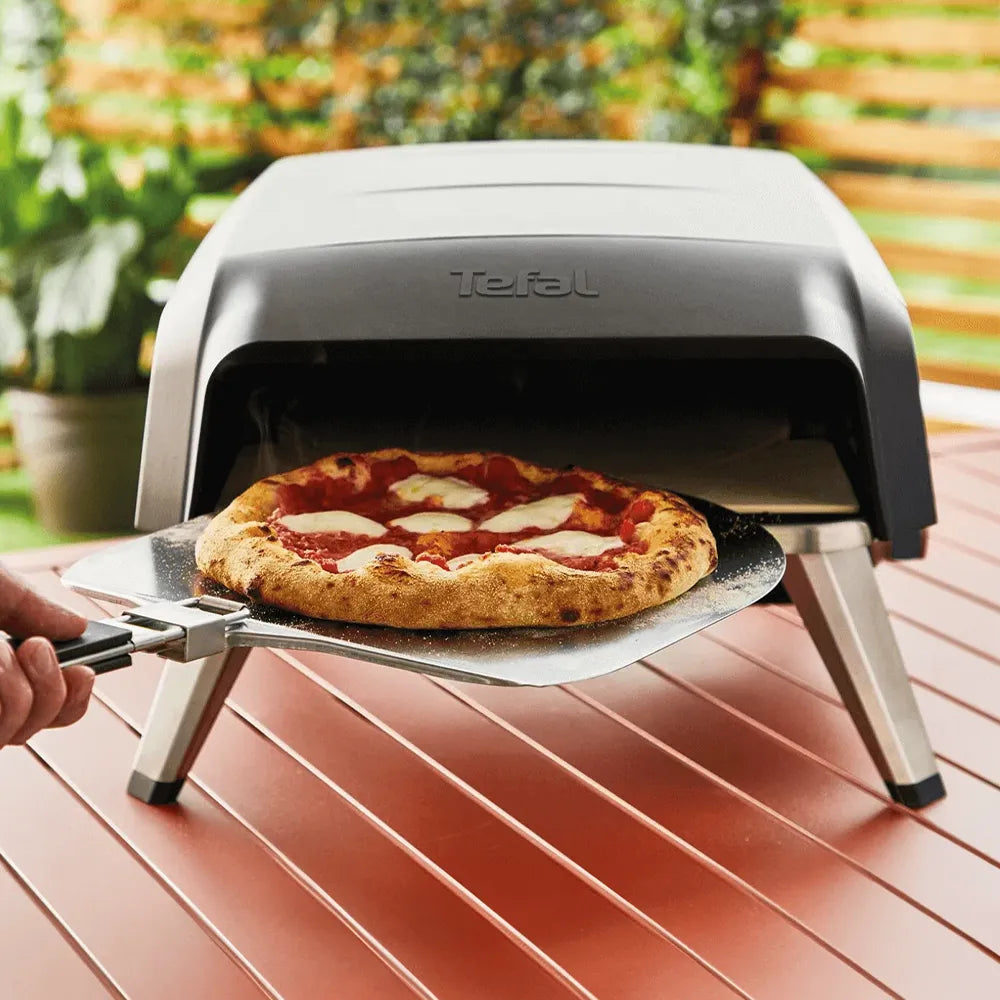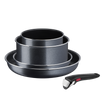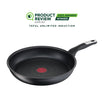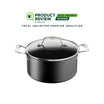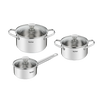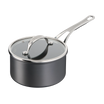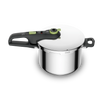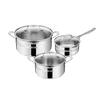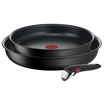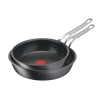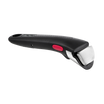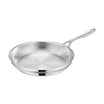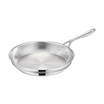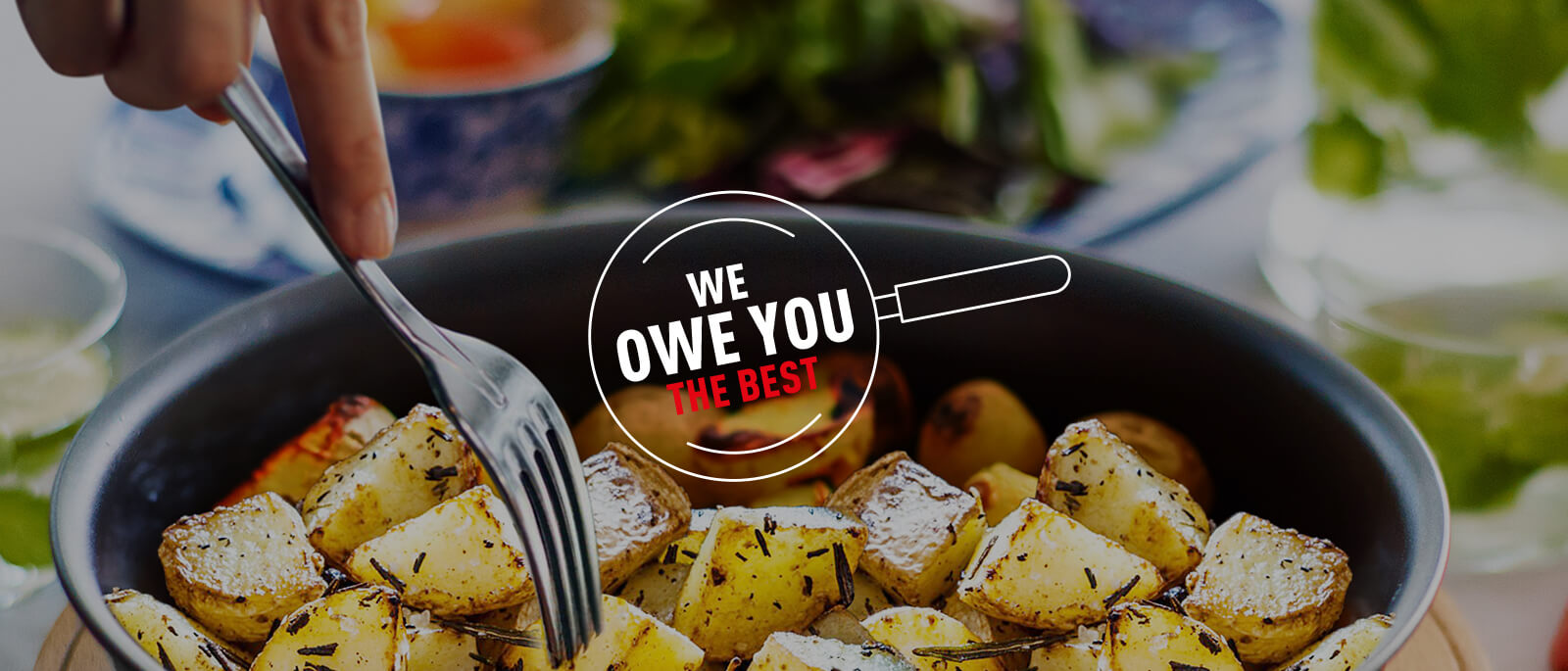Learn about Tefal
French-style Quality
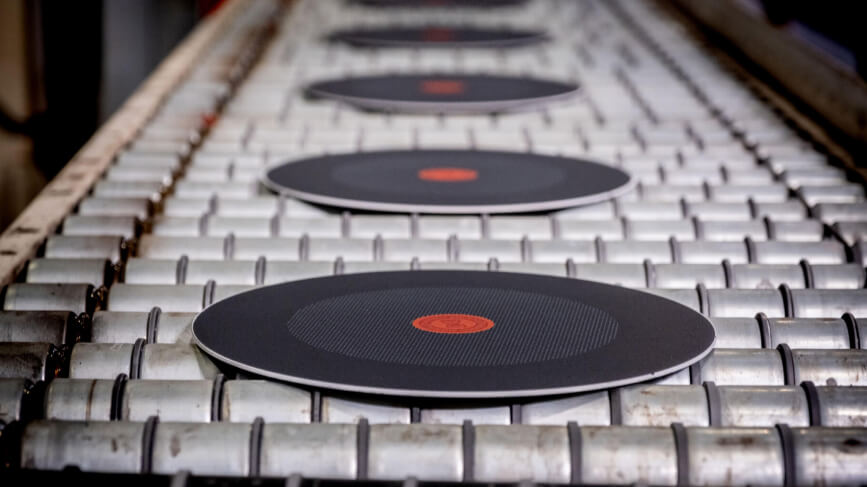
The Manufacturing Process
Discover the fascinating process whereby our experts transform simple aluminum discs into frying pan and saucepans with an exclusive non-stick coating, allowing you to cook easily every day with no added fat.
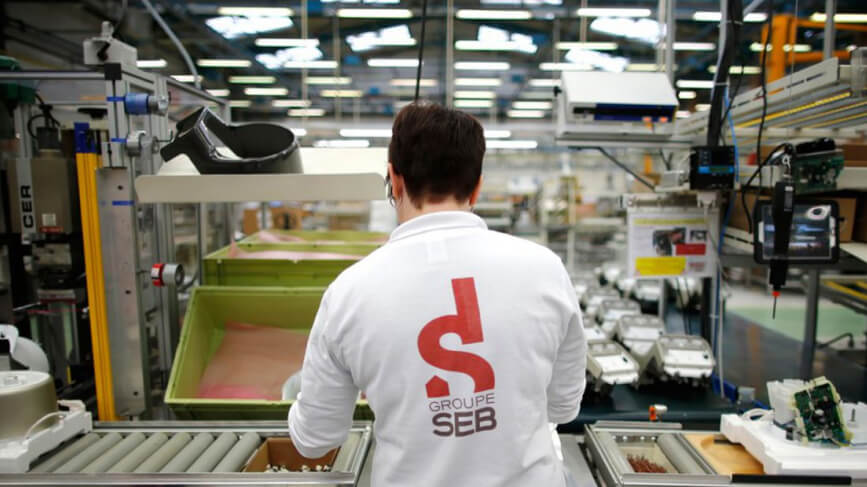
Made in France
Explore the day-to-day manufacturing of thousands of kitchen items made in France thanks to our unique process combining technology, innovation and our know-how. In 2022, 80% of the kitchen items sold in France were made in France.
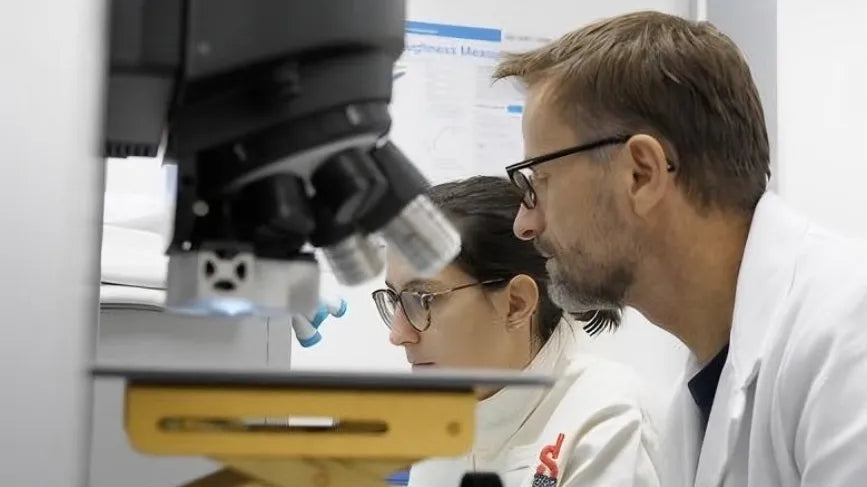
Our Commitments
Discover our commitment to safe products for your kitchen. Our Tefal non-stick coatings are PFAO-, lead- and cadmium- free*. They are made using PTFE, recognised as being safe and harmless to human health by external bodies such as the World Health Organisation.
*Stricker tests than those required by current regulations regarding contact with foodstuffs. PFOA- free in accordance with current regulations. Lead- and cadmium- free (Ph- and Cd- free) means that no lead of cadmium has intentionally been added to the coatings and that these metals have not been deteced by test carried out by external labortories.
Rigorous Quality Testing
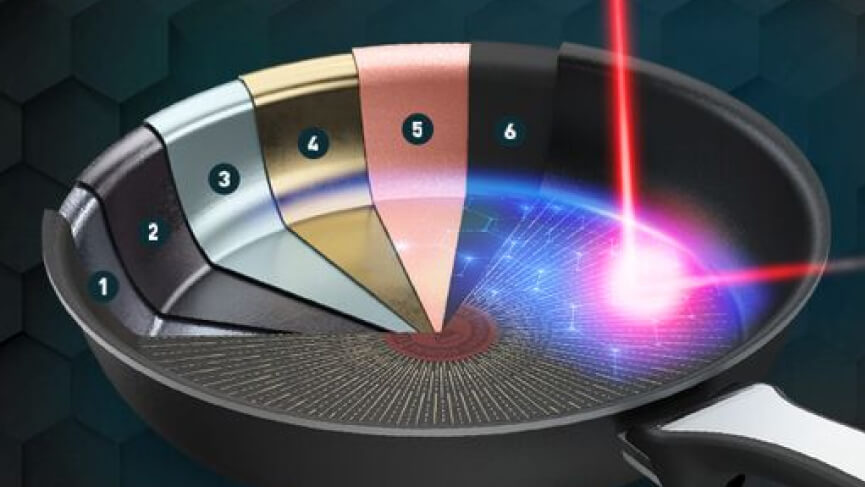
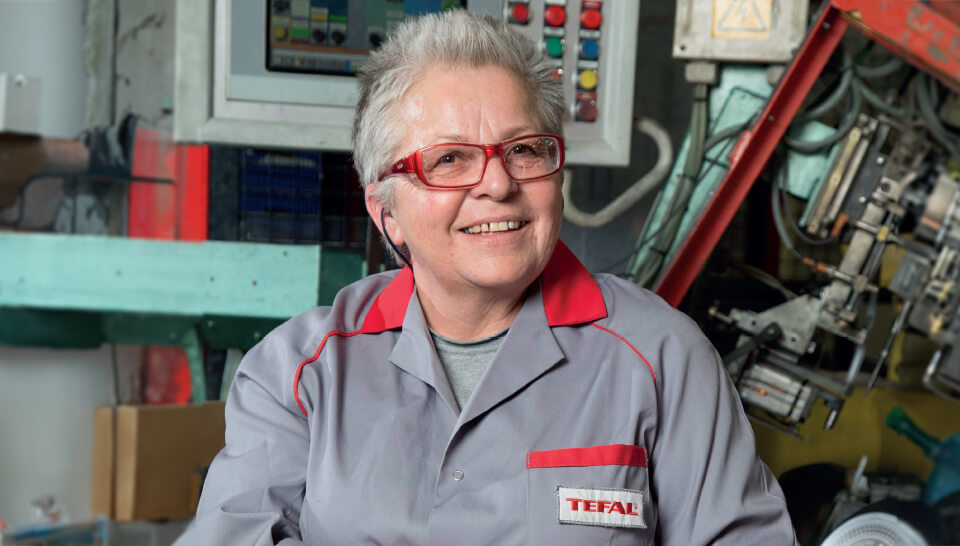
Rumilly
Tefal's largest production site is its factory in Rumilly, located in the department of Haute-Savoie. This site covers an area equivalent to 17 rugby pitches and produces more than 35 million kitchen items every year, thanks to the know-how of our more than 1,600 passionnate collaborators.
Find out more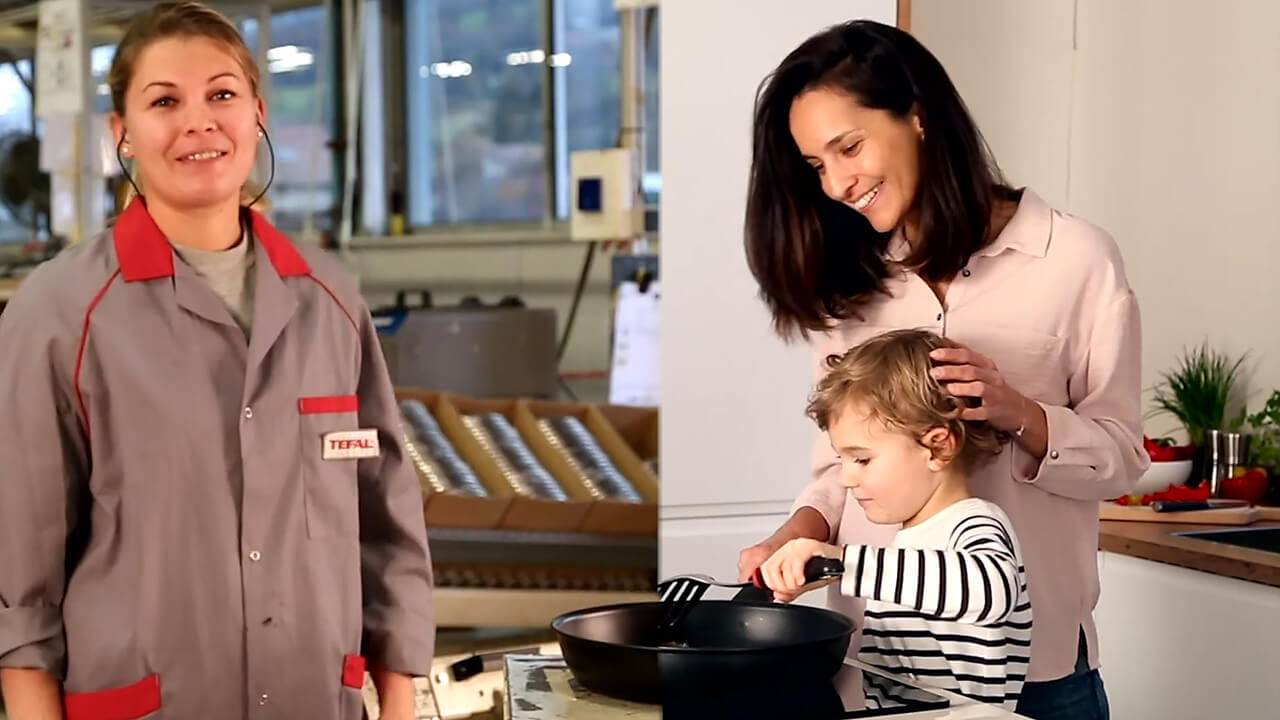
Tefal, more than 70 years of French expertise
Making a Tefal frying pan is a clever combination of technology and know-how. For our items suitable for all types of hobs, including induction, a stainless steel grid is fixed onto a rough aluminium disc (mounting) before being given its characteristic shape with raised sides (pressing). Cropping makes its edges smooth and safe.
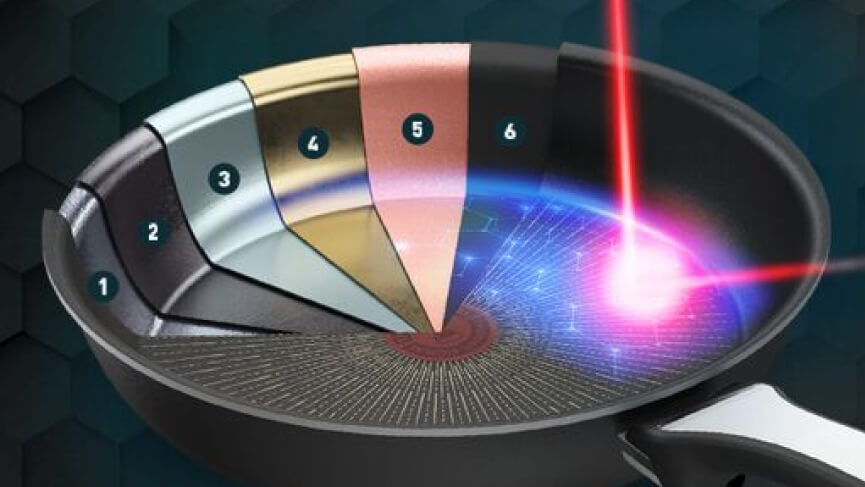
Production stages of our Unlimited range
Our pans are coated six times, then oven-hardened. After checking that the base of the pan is absolutely flat, handles are added. After thorough quality control, each pan is packed, ready for your home or the shops! Our utensils are essential items in your home, so you can cook delicious meals every day, without added fat.
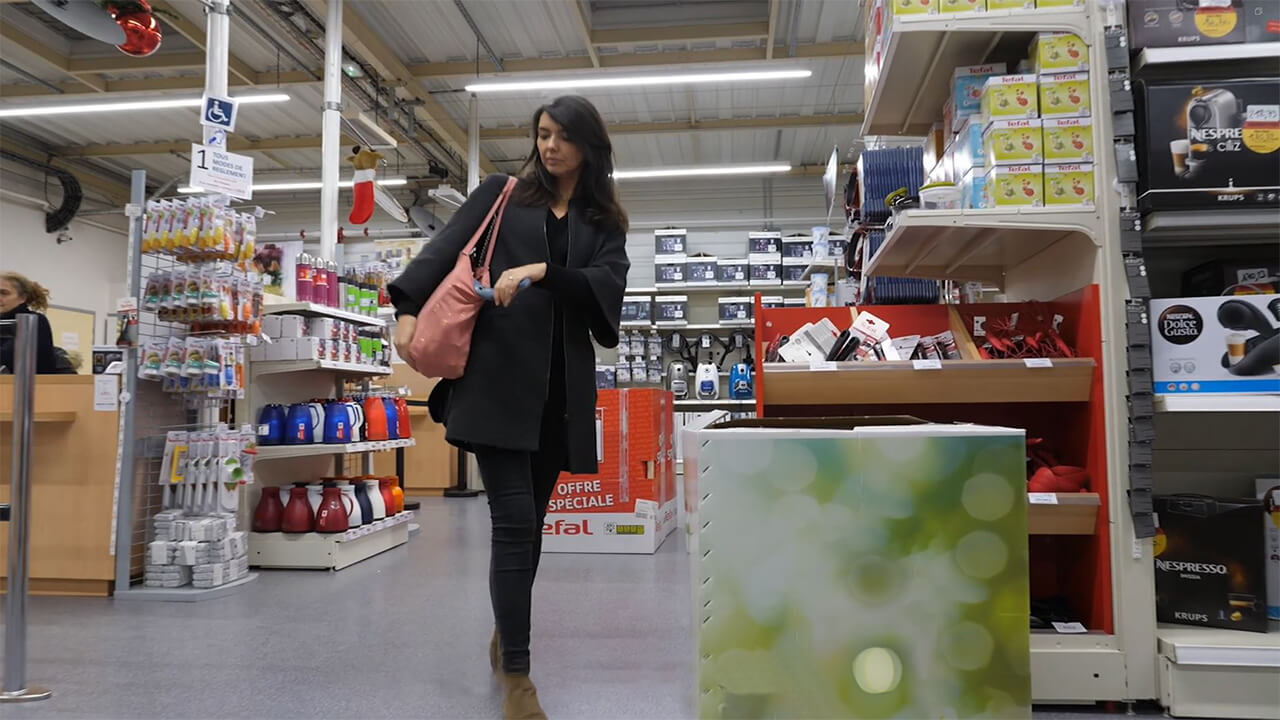
Lifecycle and Recycling
From their design to their use in our kitchens, our utensils go through some crucial stages combining know-how, innovation and quality requirements. Tefal encourages responsible recycling so that another phase begins when their life comes to an end.
Find out moreInnovation: Essential for Every Day
Tefal pans, with you every day
We believe that innovation should make daily life simpler, sleeker and more pleasant. Innovating means following how our lifestyles evolve. Our inventions are designed to be useful. Our watchwords are saving time and space, controlled cooking and user-friendly kitchens.
Innovation
Innovation is at the heart of what we do: around 50 people work in Rumilly, researching and developing new solutions.
Emblematic
Our Thermo-Signal® technology is emblematic: the heat indicator at the centre of the pan means you start cooking at the best possible time. Our products' versatility (like Ingenio®, which can go in the oven, fridge or on the table) is another example of innovation making every day easier.
Product Traceability
All the materials we use are subject to a strict traceability, so that you know exactly what you're buying from the outset. By implementing product traceability measures, Tefal reinforces its dedication to producing high-quality, sustainable and trustworthy products, ensuring both consumer safety and environmental responsibility.

Our Mission: Total Traceability
We monitor our whole production process and can retrace everything. We believe it is very important that you should know where the products you buy come from.

The code on our pans traces their lifecycle
Each pan is marked with a unique code, allowing us to trace its entire lifecycle.
Discover Tefal in a few clicks!
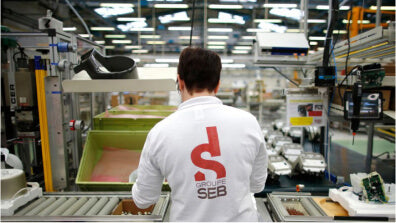
The Tefal Brand: Made in France
Find out more about our know-how, collaborators and values, making every day more simple, easier and more fun
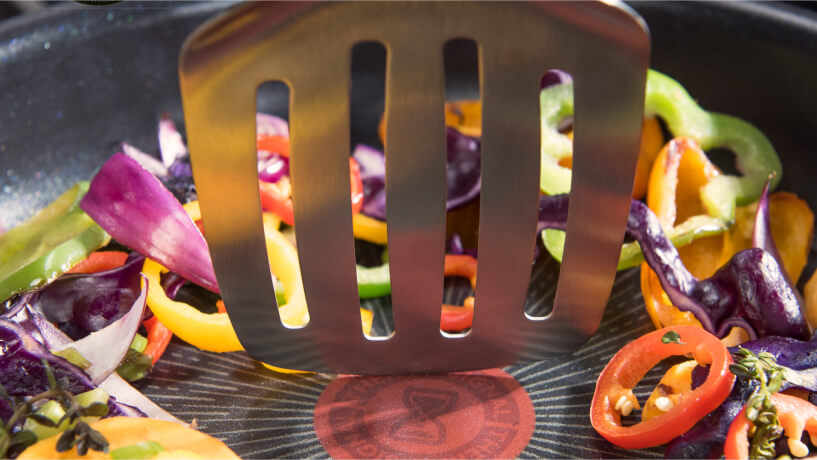
PTFE Coating on Tefal Pans
Polytetrafluoroethylene, to give it its full name, is a polymer from the perfluorinated family. Find out everything about PTFE at TEFAL.
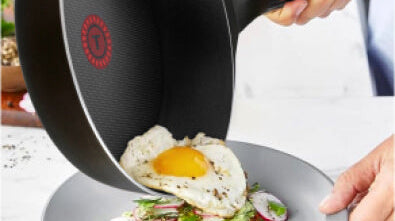
Tefal: Lifecycle, Care, Recycling
From their design to their use in our kitchens, our utensils go through some crucial stages combining know-how, innovation and quality requirements.

French Know-how in Rumilly
Tefal has put its roots down in the town of Rumilly, in the department of Haute-Savoie, on the edge of the Bauges Mountains Nature Park.


